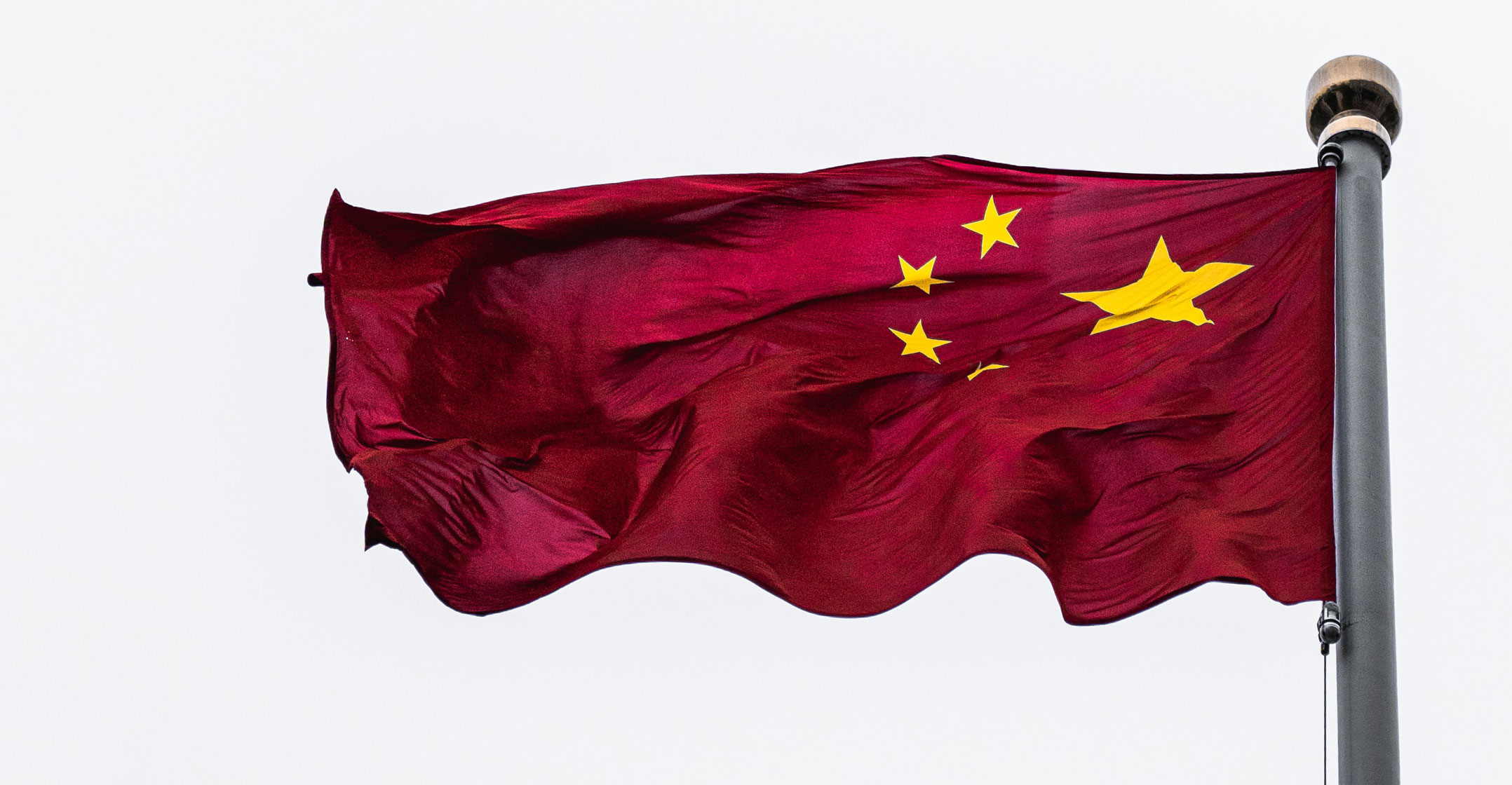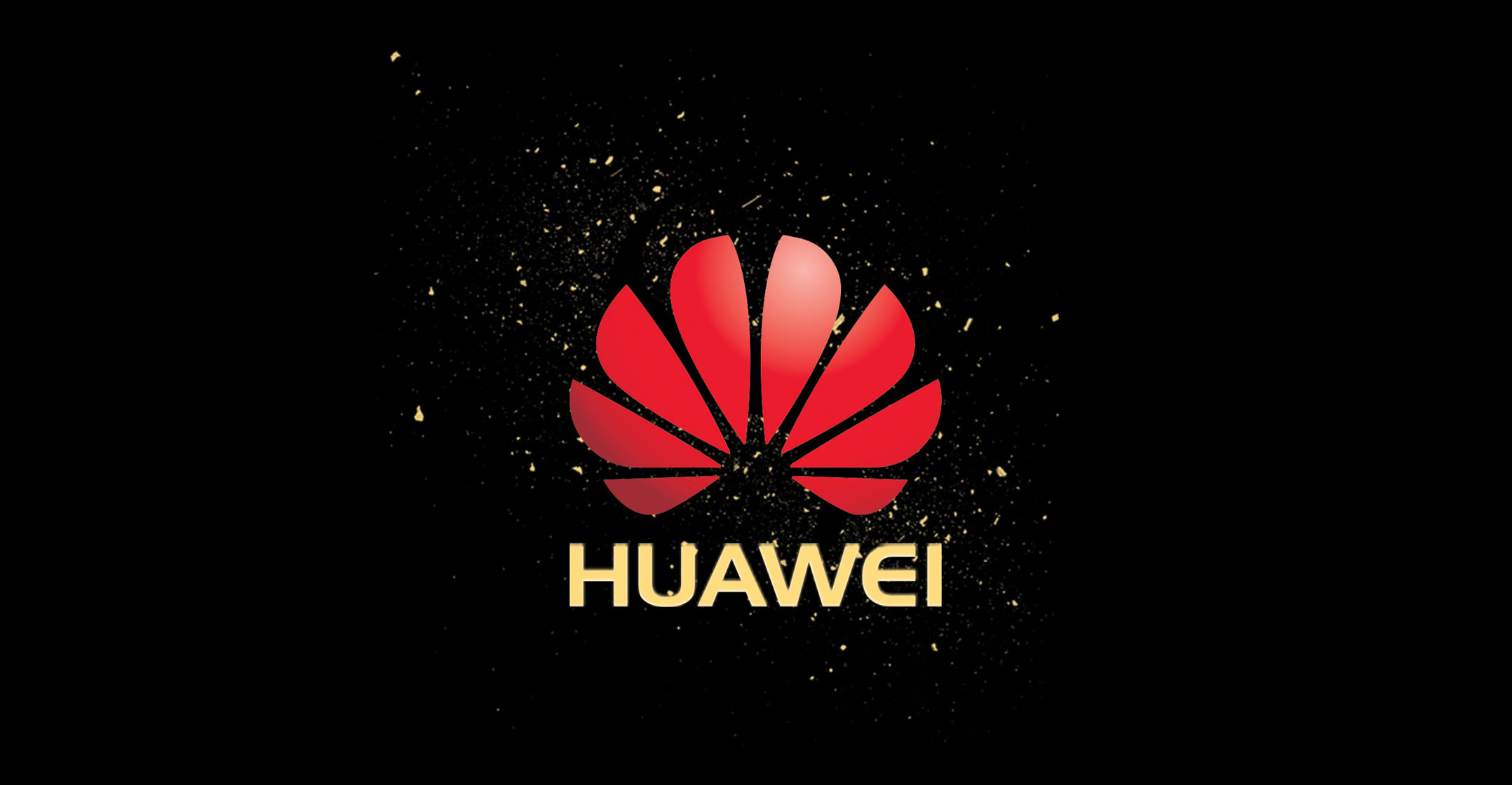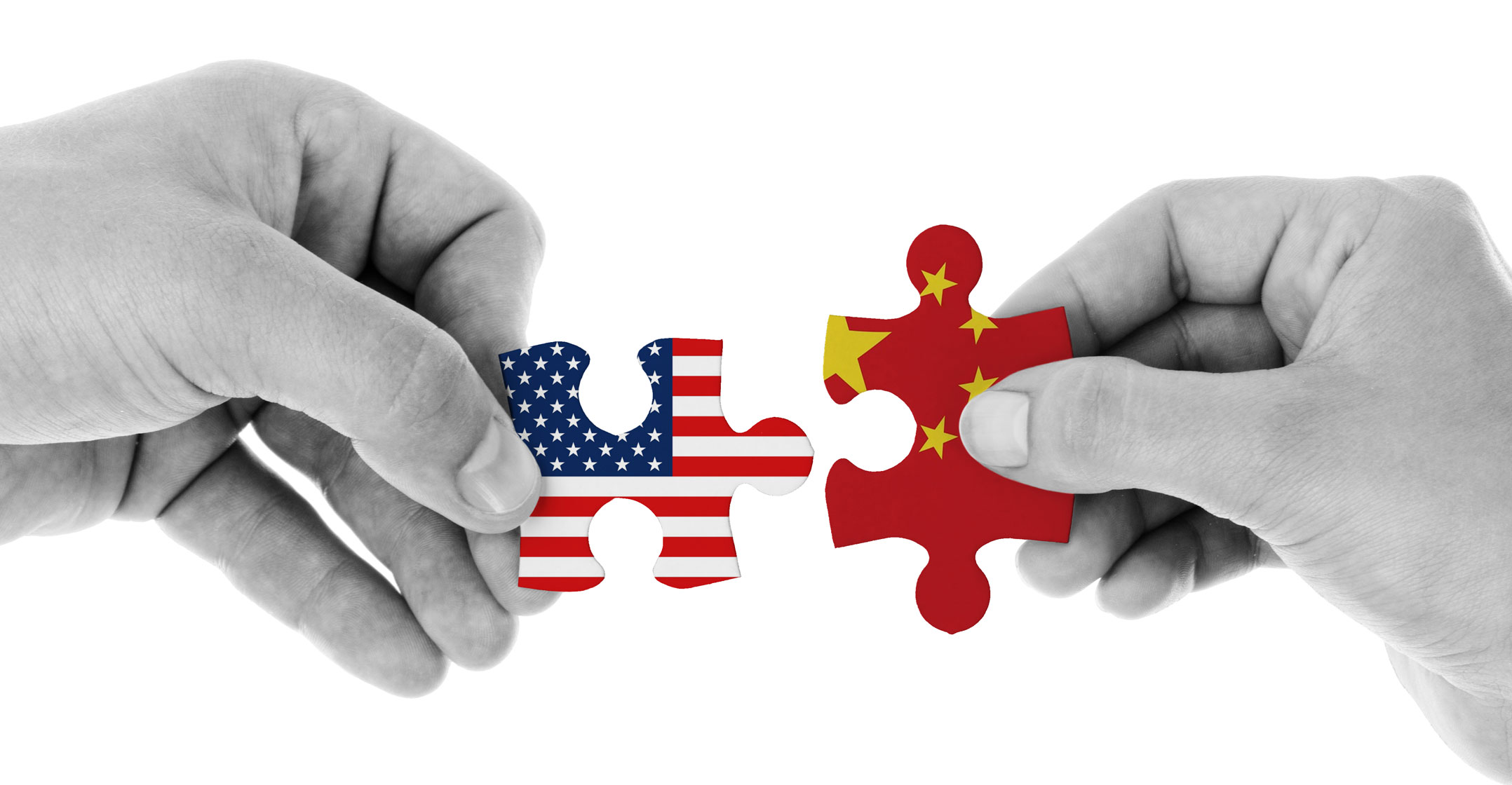
China is set to pass a new law that would restrict sensitive exports vital to national security, expanding its toolkit of policy options as competition grows with the US over access to technologies that will drive the modern economy.
China’s top legislative body, the National People’s Congress Standing Committee, is expected to adopt the measure in a session that concludes on Saturday. The Export Control Law primarily aims to protect China’s national security by regulating the export of sensitive materials and technologies that appear on a control list. It would apply to all companies in China, including foreign-invested ones.
The measure would add to Beijing’s regulatory arsenal, which also includes a tech export restriction catalogue and an unreliable entity list. The law would also help put China on a similar footing to the US, which regularly uses export controls and licences strategically against its adversaries.
Mounting tensions between China and the US have spilled over into the realm of technology. Big Chinese companies including Huawei Technologies, ByteDance’s TikTok, Tencent’s WeChat and Semiconductor Manufacturing International find themselves in Washington’s cross-hairs.
“Chinese authorities may have learned a lesson from the US and other countries,” said Qing Ren, a partner at Global Law Office in Beijing.
A report carried by official Xinhua News Agency said the draft law stipulates that China could take reciprocal measures against a certain country or region that has “abused export control measures and damaged China’s national security and interests”.
Controlled items
The official Legal Daily reported on Thursday that some legislators had suggested source codes, algorithms and technical documents be added as controlled items, and that China should set up some restrictions on exporting technologies on which Beijing has a competitive edge, such as 5G and quantum communications.
Whether Beijing will allow the export of valuable Chinese technology is one of the biggest uncertainties hovering over the partial sale of TikTok to Oracle and American investors. China in August asserted the right to block the deal by adding speech recognition and recommendation technology — the core of TikTok’s global popularity — to a list of regulated exports.
The existing control lists are much narrower than the one used by the US, staying limited to materials that could be used for nuclear, chemical or biological weapons, Ren said. If it’s expanded in the future “then more products or technologies will be subject to export control in China”, he said.

While the US is generally ahead of China in most spheres, China controls critical aspects of technology in industries from wireless networking to unmanned aerial vehicles.
American officials have warned that Huawei — the leader in next-generation wireless patents — controls a tenth of worldwide essential 5G patents, and its deep involvement in international standards-setting could post a threat to US national security. The company ranked among the top 10 recipients of US patents in 2019 — helping China become the fourth biggest recipient of American patents, behind Japan and South Korea but ahead of Germany for the first time.
Chinese companies have also made headway in dominating certain niches. Shenzhen-based DJI Technology controls something like three-quarters of the global consumer drones market. Display maker BOE Technology Group is aggressively filing patents in its bid to get into next-generation OLED screens for smartphones.
And in artificial intelligence, companies from Alibaba Group to Tencent and upstarts like SenseTime Group are taking advantage of unparalleled reserves of data to advance in areas such as facial recognition.
When approved, China’s law will be applied extra-territorially, taking a page from the US Export Administration Regulations’ long-arm jurisdiction that Beijing has frequently criticised. Foreign ministry officials have repeatedly accused Washington of stretching and abusing the concept of national security in justifying actions against Chinese companies.
China is the biggest exporting country in the world and overseas sales provide jobs for millions of people, so it will be careful not to abuse the law, said Mei Xinyu, a researcher at a research group under China’s commerce ministry. “We highly value China’s image as a reliable supplier in the international market,” Mei said. “So we wouldn’t expand the scope of export control at will.”
Higher priority
China’s ministry of commerce first published a draft of the legislation in June 2017. It went through two reviews by the NPC in December 2019 and at the end of June. When the draft bill was introduced for its first review, minister of commerce Zhong Shan explained to the national legislature that export control is a mechanism aimed at “honouring international obligations such as nonproliferation and safeguarding national security and developmental interests”.
But in a draft reviewed in June, national security was given higher priority.
“Threats to national security could come from various fields, including the economic field,” said Cui Fan, a professor of international trade at the University of International Business and Economics. “But we can’t confuse normal competition between companies with threats to economic security and national interests.”
 The latest version further clarifies the scope of controlled items and punishment measures for violations. Government departments overseeing export control should publish export control guidance in a timely manner, a spokesperson of the NPC’s legislative affairs commission said on Monday, without elaborating.
The latest version further clarifies the scope of controlled items and punishment measures for violations. Government departments overseeing export control should publish export control guidance in a timely manner, a spokesperson of the NPC’s legislative affairs commission said on Monday, without elaborating.
Foreign companies need not fear the law since it applied equally to all companies operating in China, according to Ren from Global Law Office. Still, he said, foreign-invested companies should be careful if their activities involve the export of technologies.
“Chinese employees maybe are not allowed to release the controlled technologies to their foreign colleagues,” Ren said. “This depends on the very specific circumstances of the each individual company. But it could happen.” — (c) 2020 Bloomberg LP

